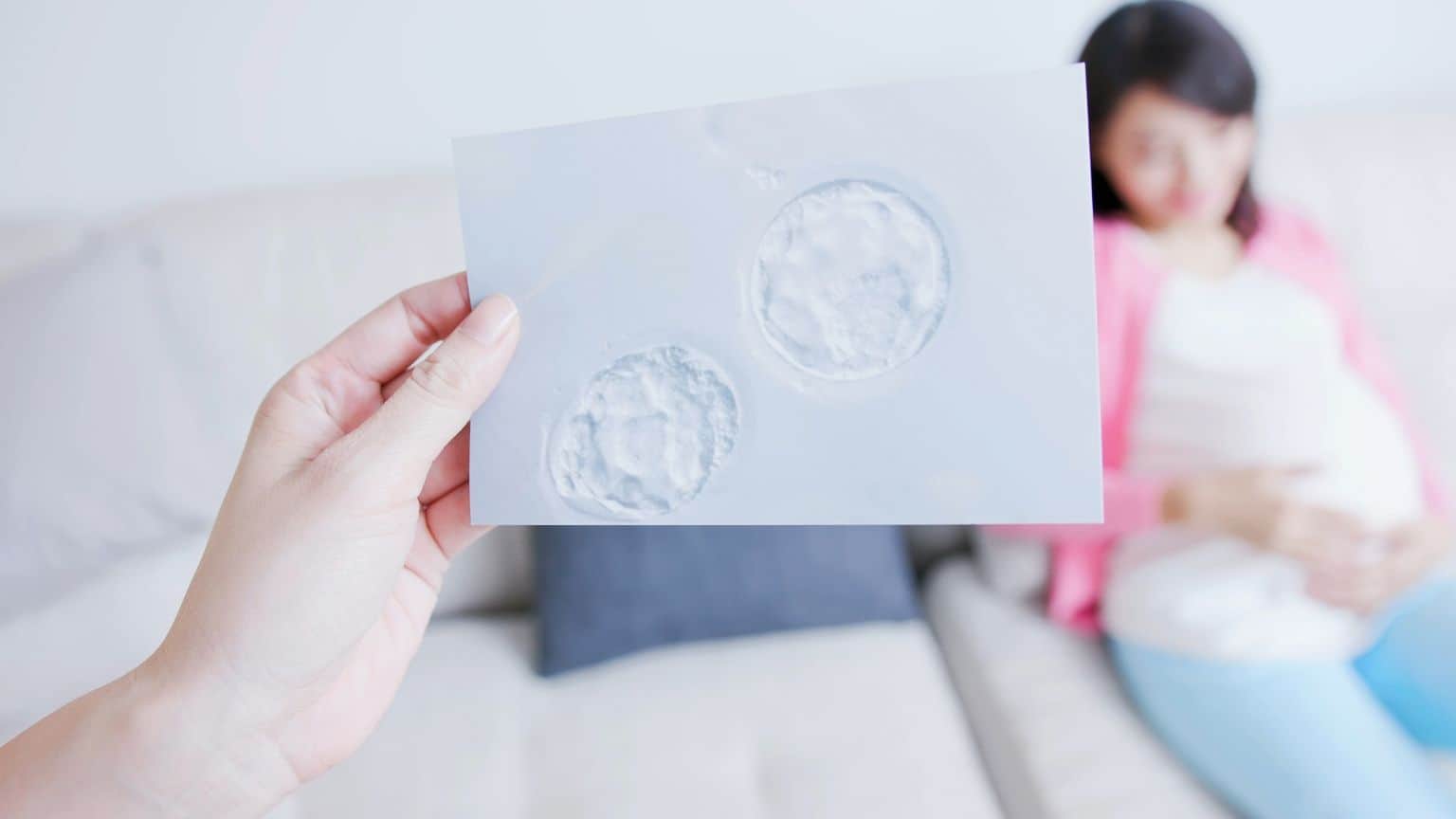
The quality of your eggs is an important factor when you’re trying to get pregnant, whether naturally or through IVF. You’re more likely to conceive and deliver a healthy baby if your eggs are healthy and prepared for conception. It seems that more and more women are being diagnosed with poor egg quality, or diminished ovarian reserve.
At Portland Acupuncture Studio, we have worked for 20 years honing our skills in improving egg quality. We have identified several key factors that help improve egg quality, even in women with poor lab results, or who are over 35.
So, what can you do to boost the quality of your eggs and increase your likelihood of getting pregnant?
Recommendations How to Improve Your Egg Quality
Here are some of our key recommendations:
1. Pay attention to your diet.
It’s very important that you eat healthily while trying to conceive, because what you eat can have a direct effect on your fertility. Make sure to fill your plate with lots of colors of vegetables and fruits, as well as complex carbohydrates, proteins, and healthy fats. Do your best to skip junk food, fried food and processed foods. Also reduce sugar as much as you can. We don’t expect you to avoid sugar entirely, just try to limit it to less than once a day.
2. Check your habits.
Some of your habits can be detrimental to your efforts to get pregnant. For example, you have a higher risk of miscarrying if you drink excessive amounts of coffee. Drinking alcohol, even casually, can reduce your egg quality. Sodas and energy drinks are enemies of fertility. Try to drink fresh filtered or sparkling water as much as you can, but keep it out of the fridge so it’s not cold when you drink it, to avoid restricting your circulation.
3. Exercise regularly, but moderately.
Regular exercise can improve your fertility because it improves blood circulation and, therefore, the supply of nutrients to individual cells. Additionally, some women may have a harder time getting pregnant if they are overweight, so exercise can help shed any extra pounds. However, avoid high-intensity or daily aerobic workouts, as they can have a negative effect on your reproductive system. Keep your heartrate no higher than 140 bpm, and exercise for about 30 to 45 minutes 4 times per week. Give your body a break from aerobic workouts a few days a week, and do some yoga instead!
4. Take a high-quality prenatal vitamin.
Research suggests that taking multivitamins can improve fertility, as they help ensure that you’re getting enough of the nutrients you need to get pregnant. Folate is an especially important nutrient in preparing for pregnancy. Make sure your multivitamin contains methylated folate to ensure that it is processed correctly by your body. Additionally, some women may be low in essential nutrients without realizing it. Ask your doctor to test your iron levels and Vitamin D levels, and supplement if needed.

5. Find ways to manage stress.
These days, we all cope with a certain amount of stress. When you’re struggling with infertility, the process can leave you extremely depleted. It’s important to find ways to manage your stress throughout the journey to parenthood. The presence of the stress hormones cortisol and adrenaline can reduce the blood flow to your reproductive organs, and affect egg quality. Doing something relaxing every day can help regulate the nervous system, reduce stress hormones, increase blood flow to your ovaries, and have an overall positive affect on egg quality. Research has shown that it doesn’t matter what you do to relax, just that you’re consistent. Choose anything that helps you relax, and do it 20 minutes per day. Overtime, this simple habit goes a long way towards improving your body’s health, and your egg quality.
6. Improve your digestion.
There can be a lot of things that we label as “normal” because they’ve always happened that way for us. Loose stools, diarrhea, constipation, or a lot of gas and bloating are all things we may be able to live with, but they’re often negatively affecting egg quality. If you’re having difficulties with digestion, it’s important to find someone who can help you correct that. inflammation is a big no-no when it comes to egg quality, and digestive issues always point to some kind of inflammation in the body. If improving your diet doesn’t help your digestion, get some additional support to find out what’s causing your symptoms. You’ll feel better, and so will your eggs.
7. Get enough sleep!
These days a lot of people are running on five or six hours of sleep per night. Even though technology has changed, our bodies haven’t. We still need 8 hours of sleep per night. If you’re going to bed late, try to push your bedtime earlier. If you find that you’re waking at night for prolonged periods, or having vivid or disturbing dreams, get some help supporting your sleep quality. Disruptions in your sleep cycle, or reduced amount of sleep, can affect your hormones. Your hormones will be more balanced as a result of sufficient sleep.
These are some of the most helpful suggestions for egg quality. But egg quality is a complex issue, and is the result of all systems in your body working well. If you’ve been diagnosed with low ovarian reserve or poor egg quality, even because of your age, the practitioners at Portland Acupuncture Studio may be able to help. We’ve dedicated our entire careers to helping women like you. We help identify ways you can improve your health, so that you can increase the chances of successfully conceiving with your own eggs, either naturally or through IVF. Contact us today to find out how we can help you improve egg quality naturally.
Established patients can schedule online, patients who haven’t seen us at Kwan Yin Healing Center call (503) 701-8766, or email us to schedule your appointment.




